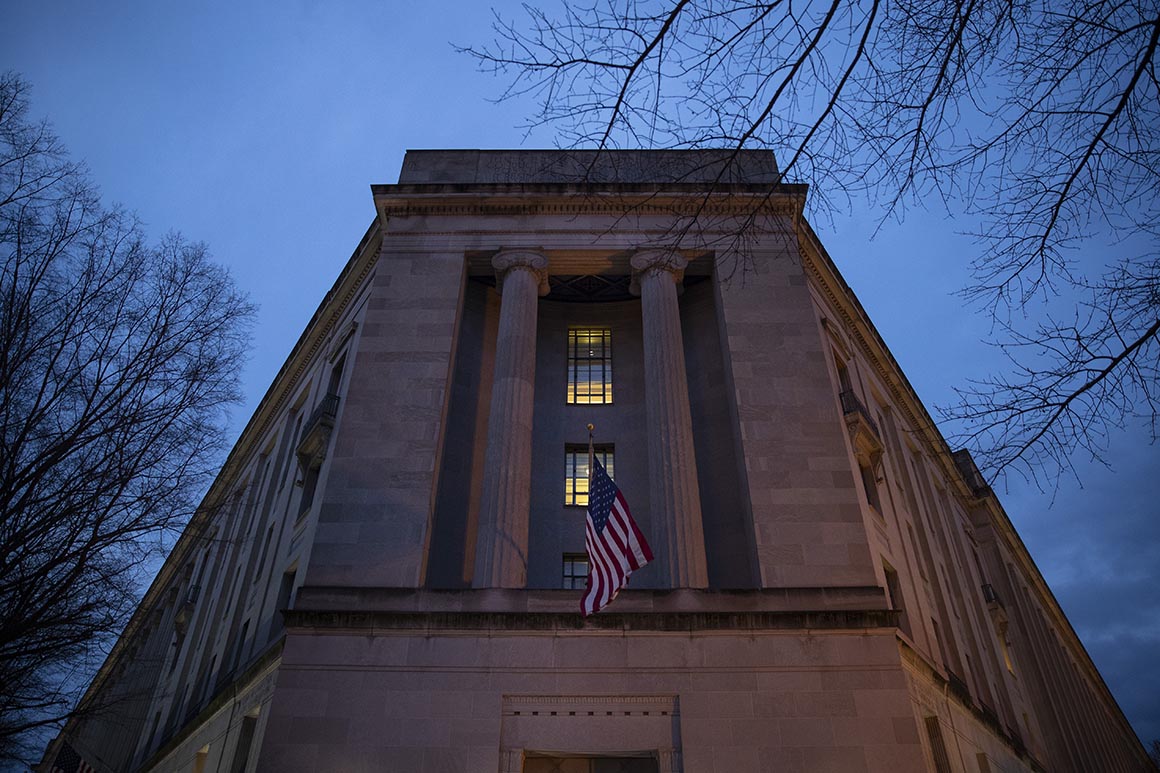
However, the appeals court’s majority said the steps the Bureau of Prisons took — such as screening for symptoms, limiting visitation, increasing cleaning and providing masks — meant officials were not deliberately endangering prisoners in a way that made their punishment „cruel and unusual“ under the Constitution.
„The BOP argues that these actions show it has responded reasonably to the risk posed by Covid-19 and that the conditions at Elkton cannot be found to violate the Eighth Amendment. We agree,“ Judge Julia Gibbons wrote, joined by Judge Deborah Cook.
BOP was slow to roll out widespread testing at Elkton, even as Ohio state officials moved much faster to get mass testing underway at one of their badly hit prisons. But Gibbons said the federal officials’ effort met the legal standard.
„The BOP initally struggled to scale up its testing capacity just before the district court issued the preliminary injunction, but even there the BOP represented that it was on the cusp of expanding testing. The BOP’s efforts to expand testing demonstrate the opposite of a disregard of a serious health risk,“ she wrote.
Gibbons also chided Gwin for failing to address „how the released inmates would look after themselves.“
Chief Judge R. Guy Cole Jr. dissented, saying federal officials were too slow to respond to the rising death toll at the prison.
„I am left with the inescapable conclusion that the BOP’s failure to make use of its home confinement authority at Elkton, even as it stared down the escalating spread of the virus and a shortage of testing capacity, constitutes sufficient evidence for the district court to have found that petitioners were likely to succeed on their Eighth Amendment claim,“ Cole wrote.
Cole also faulted the Bureau of Prisons for offering action plans detailing a multiphase response, where the details left much to be desired. One phase consisted entirely of gathering and inventorying cleaning supplies, he wrote.
„The BOP’s multiphase response does not include a single phase that allows for meaningful social distancing,“ the judge added.
The 6th Circuit panel split along ideological lines. Gibbons and Cook are appointees of President George W. Bush. Cole was appointed by President Bill Clinton.
Advocates for inmates expressed disappointment in the decision.
“Today’s ruling is a major loss for incarcerated people who are at risk from this deadly disease,” said David Carey of the ACLU of Ohio, which brought the lawsuit. “With hundreds of people currently sick, and nearly everyone else at Elkton exposed, the federal government has a duty to take quick and decisive action.“
A Justice Department spokesperson did not immediately respond to a request for comment on the decision.
Justice Department lawyers argued that prison officials should be given significant leeway in responding to the virus and in balancing the health concerns of inmates against public safety. The attorneys also seized on a recent opinion by Chief Justice John Roberts, discouraging courts from seeking to micromanage the responses of state and local officials to a pandemic whose contours are complex and fast-changing.
Attorney General William Barr issued an order in March directing officials to step up the use of home confinement to try to lower prison populations and allow more social distancing. The policy’s rollout was marked by confusion and delays, but nearly 4,000 inmates have been moved to home confinement since Barr’s directive in late March. That is more than double the usual pace of such releases.
Source: politico.com
See more here: news365.stream






